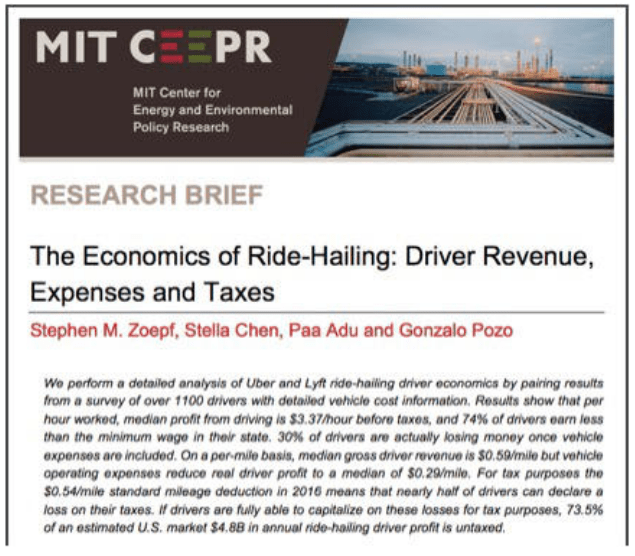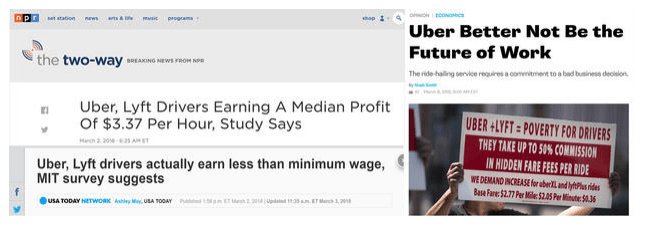Mindless definition and consumption of insights are highly pervasive in the ecosystem of information management consisting of researchers, publishers and consumers. Falling into a trap when developing insights, or communicating insights that are not clear and accurate or consuming insights without a focus can all lead to bad decision making and yet that is exactly what we are cultivating as habits.
Most of you in businesses are playing one or more of these roles to help make business decisions for your colleagues or yourselves daily. You may be the person doing market research or competitive analysis for your business, or making a recommendation based on research that was made available to you or consuming that information to make a business decision.
Your behaviors as Researchers, Publishers & Consumers may be creating lasting habits that will have a negative impact on the ability to make good decisions. In each of these scenarios you bear a responsibility to do the right things and enable good decisions. The question is, how would you even know?
A couple of weeks ago, I noticed a number of headlines on how Uber/Lyft drivers make less than $3.37/hour. Uber being a lightning rod for the culture it has created, most consumers of this headline overreacted negatively. I was curious, followed the story and here is what I learnt. The researchers and publishers of the story had their own issues.
The story brings to light the habits we are forming in creating, communicating and consuming information relevant for decisions that we make. In the age of information overload, & shrinking attention spans these habits will make it extremely difficult to be deliberate about decisions we make, consequences of which are incalculably large in my view.
Here is what the brief had as Synopsis. The researchers were probably trying to get a macro view of the Ride-Hailing economics that includes Revenue, Expenses and Taxes. The context is very important but most people would look at the $3.37/hour as the key information from the authors. While we had the economist from Uber respond with his own criticism, the story had been picked up by the news outlets.

In this case, the methodology used to arrive at the hourly wage was a problem. Researchers had defined the context for the questions in the survey to cover income from all of the “On-demand” activities, where ride sharing was just one of them. Independent of this approach, in the ride sharing business it is probably better to do income per mile with additional dimension such as Urban vs Suburban (as you can see average time per mile can be very different). Traps like these are numerous and easy to fall into if you are a researcher.
The author of the brief did respond to the criticism and the document can be found on his twitter feed, but the damage was done. If you are playing the role of a researcher, you may want to make sure to:
- List all potential biases that could skew the outcome of your research and address it
- Validate the alignment between framing of your hypothesis and your approach / methodology
- Articulate the limitations of your model with some scenarios
The media outlets that picked up the research did well with the headlines, with a singular focus on getting clicks. A significant number of people don’t read beyond headlines. While I have not been able to find much research on this topic, there is evidence that about 60% of the people don’t read beyond headlines. Here are some examples of the headlines.

In one case, if you actually open the link, the first paragraph in the article is an editor’s note, that talks about criticism of the model, identifies it’s flaws along with acknowledgement from the authors to redo their analysis. The problem here is how many people actually read the editor’s note, even though that is the first thing if you click on the link, reason being most people do not click on the link and instead use the headline to be informed.
The sole purpose of the publishers these days seem to be leveraging the headline for clicks. While this is important to get people to read your content, it is also the responsibility of the publisher to not mislead the consumers with the information. If you are playing the role of a publisher you may want to make sure that:
- Headlines are aligned with the core message of the article
- Accuracy is not compromised for conciseness
- Assumptions and limitations are part of the narrative
Finally as a consumer of the information, I saw a lot of trolling on Linkedin from people who I believe would react differently if they had taken the time to read the article. I understand, not everyone has time to read the research paper. We all are working with a lot of preconceived notions and Uber being the company it has been for the last few years will trigger an overreaction. As a consumer, you may want to make sure to:
- Start with skepticism of conclusions.
- Take time to understand the context, assumptions and limitations of the model
- Avoid the multitasking trap and don’t let your emotions take over.
It is important in the realm of Information management to, Create with awareness, Communicate with exactitude, and Consume with skepticism. It is not just about instinct versus rationality, but also about deliberate versus random. Good decisions require being both deliberate and rational, so where does your organization stand.
Let us know if we can help you get better at decision making.






No comment yet, add your voice below!